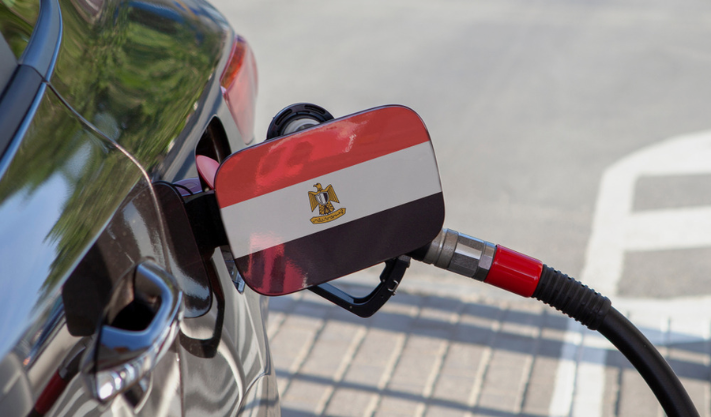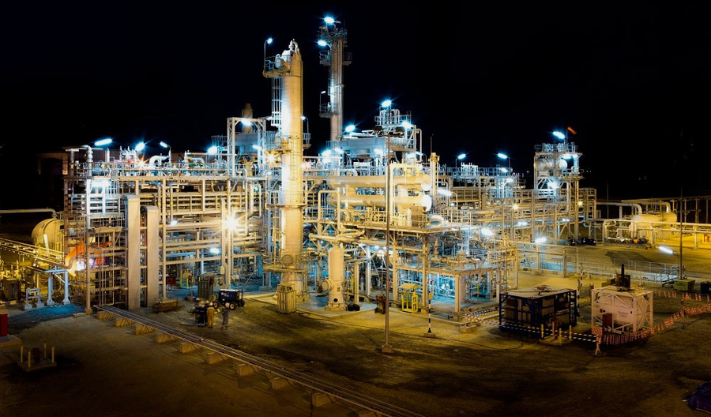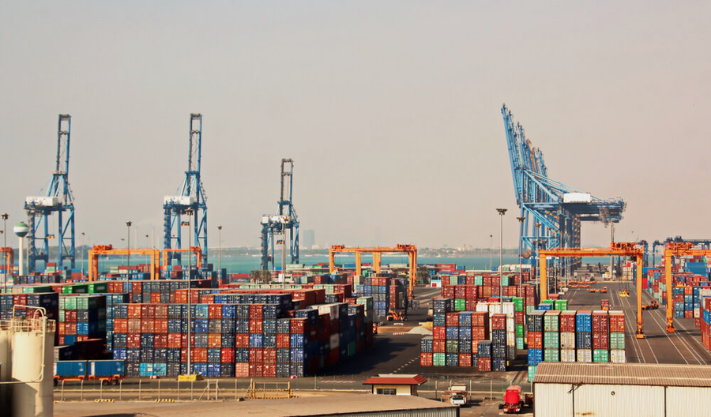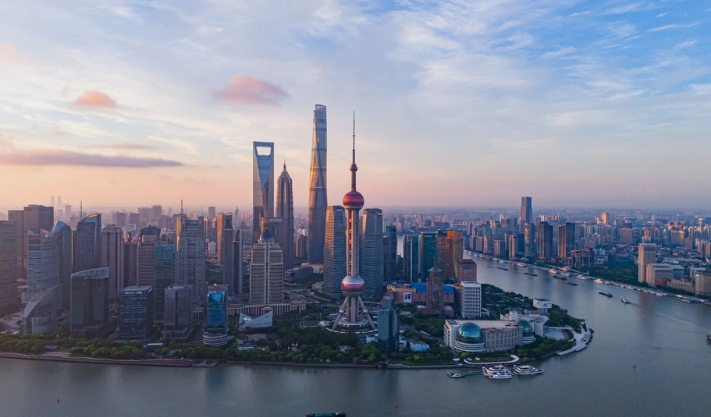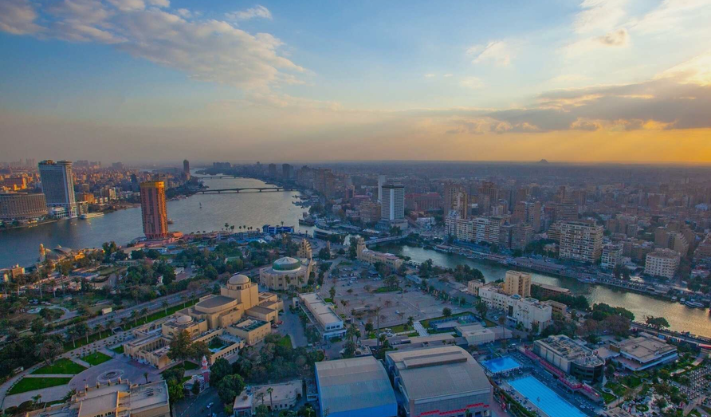Egypt Raises Fuel Prices for the Second Time in 2025
Egypt has raised fuel prices again, marking the second increase this year. The government announced the decision on Friday as part of its plan to reduce fuel subsidies and lower the country’s budget deficit. Along with the price hike, the government said that fuel prices will stay fixed for at least one year.
New Fuel Prices
The new fuel prices are between 10.5% and 12.9% higher across all types of gasoline and diesel. This comes after a 15% increase in April 2025. On average, fuel prices rose by about $0.042 (EGP 2) per liter.
Here are the updated prices:
-
95-octane gasoline: now $0.44 (EGP 21) per liter, up from $0.40 (EGP 19).
-
92-octane gasoline: now $0.40 (EGP 19.25) per liter, up from $0.36 (EGP 17.25).
-
80-octane gasoline: now $0.37 (EGP 17.75) per liter, up from $0.33 (EGP 15.75).
-
Diesel: now $0.37 (EGP 17.5) per liter, up from $0.33 (EGP 15.5).
-
Compressed Natural Gas (CNG) for vehicles: now $0.21 (EGP 10) per cubic meter, up from $0.15 (EGP 7).
The Ministry of Petroleum and Mineral Resources said the new prices are based on global energy market trends and Egypt’s efforts to reduce financial pressure on the state budget.
Prices Frozen for One Year
After this latest increase, the Egyptian government will freeze local fuel prices for at least one year. This means that there will be no more price changes during that period, even if international oil prices fluctuate. The ministry said the decision takes into account local and global market conditions.
The ministry also stated that Egypt’s petroleum sector will continue running refineries at full capacity to meet domestic demand. It also plans to pay off debts owed to foreign partners and offer incentives to encourage more local production. These steps aim to reduce imports, lower costs, and bring local prices closer to international levels.
IMF Support and Economic Reforms
This move comes as Egypt continues to work with the International Monetary Fund (IMF) under an $8 billion loan program. The IMF has been urging Egypt to cut subsidies on fuel, electricity, and food in order to strengthen the country’s economy and stabilize its finances.
At the same time, the IMF and the Egyptian government have agreed to expand social protection programs to support low-income families affected by rising prices.
Egypt has faced growing financial challenges in recent years, including high inflation, a weak currency, and increasing debt. By adjusting fuel prices and reducing subsidies, the government hopes to ease pressure on the national budget while ensuring that fuel remains available across the country.
However, the price hikes are likely to raise transportation and goods costs, putting more pressure on consumers already struggling with high living expenses.
Despite these challenges, the government says the new fuel pricing policy is an important step toward economic stability and sustainable growth.
Published: 23th October 2025
For more article like this please follow our social media Twitter, Linkedin & Instagram
Also Read:
Top 3 Things to Check Before You Buy Any Supplement
King Salman Gate: New Mega Development Announced in Makkah
Qatar’s Inflation Rises 1.15% in September as Key Sectors Grow
